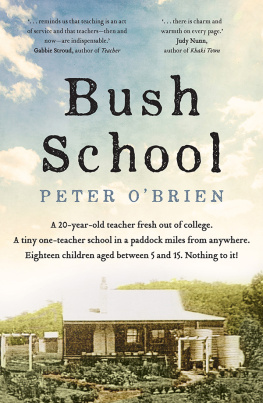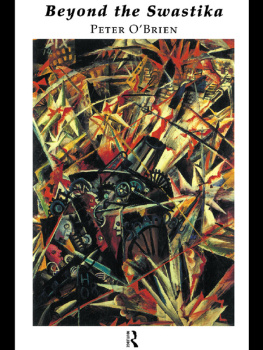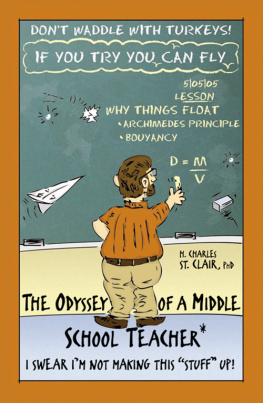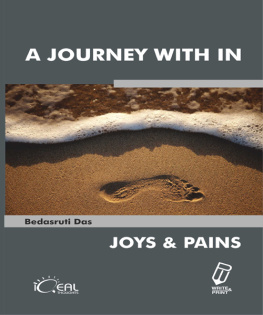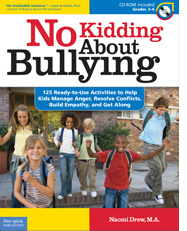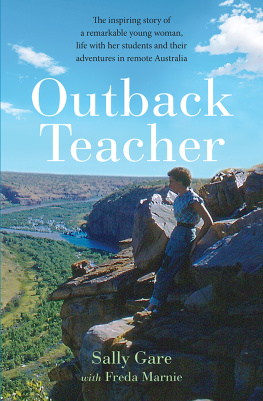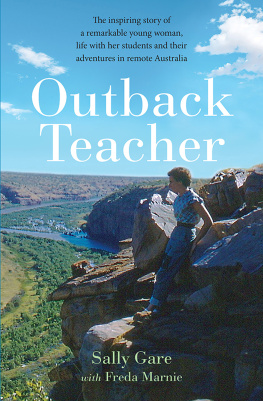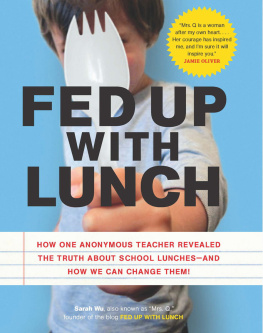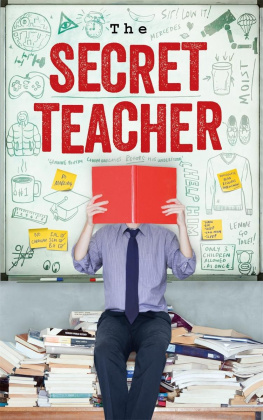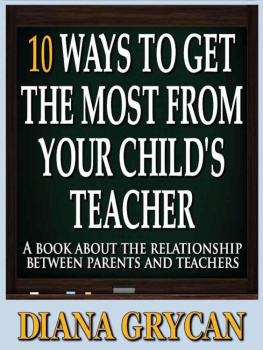
Praise for Bush School
OBriens beautiful memoir Bush School takes us back to a time when students said good-oh and teachers were well-respected within their communities. We watch as OBrien becomes a teacher; placing the children and their learning at the centre of his work whilst courageously navigating the isolated life of a remote town during the early sixties. OBriens story is told with great integrity. He explores the unique challenges and opportunities faced by small schools as well as delving into the grand endeavour that is teaching. Bush School reminds us that teaching is an act of service and that teachersthen and noware indispensable.
Gabbie Stroud, author of Teacher
So many wonderful books, plays and films centre upon the importance of a dedicated and inspiring teacher in the lives of the very young. The reason is simple. Such teachers, and they are indeed rare, have a lifetime influence upon their pupils. I believe Peter OBrien is such a teacher. Given Bush School chronicles the earliest days of Peters teaching career, its also interesting to note his memoir has a coming of age aspect. A coming of age for Peter himself as he discovers so much about who he is in the remote community to which hes been assigned. Delightfully composed, Bush School has many voices. There is the evocation of a bygone era; there is historical and sociological comment; there is a strong sense of humanity; and above all, there is charm and warmth on every page.
Judy Nunn, author of Khaki Town
First published in 2020
Copyright 2020 Peter OBrien
All rights reserved. No part of this book may be reproduced or transmitted in any form or by any means, electronic or mechanical, including photocopying, recording or by any information storage and retrieval system, without prior permission in writing from the publisher. The Australian Copyright Act 1968 (the Act) allows a maximum of one chapter or 10 per cent of this book, whichever is the greater, to be photocopied by any educational institution for its educational purposes provided that the educational institution (or body that administers it) has given a remuneration notice to the Copyright Agency (Australia) under the Act.
Allen & Unwin
83 Alexander Street
Crows Nest NSW 2065
Australia
Phone:(61 2) 8425 0100
Email:
Web:www.allenandunwin.com

ISBN 978 1 76087 680 7
eISBN 978 1 76087 487 2
Maps by Mika Tabata
Internal design by Bookhouse
Set by Bookhouse, Sydney
Cover design: Christabella Designs
Cover photographs: Weabonga Public School, circa 1925; sky Shutterstock
For the children of the Bush School,
all my Balmain TeachersCollege peers,
Patricia and Sean

Bush School is a memoir and the people, places and events recounted in it are all from sixty years ago. It is the result of the authors memory of that long-gone past and, as with all memoirs, it may not reflect the way others remember those times and places. All names have been changed to protect the privacy of the individuals.


School people
The Baulderstone family: Will in Grade Four and Gary in Grade Three. They had a dad, Max, and a mum, June. The family lived on the edge of the village in the old Baulderstone family home, inherited by Max.
Allan Flood: the Inspector of Schools for the Armidale Region.
The Mason family: Jack in Grade Five and Steve in Grade Two. They came from a village home, which had the post office on a section of glassed-in veranda. They had a single mum, Sue, and a grandfather, Tim Bourke, whose home it was and who resided with them. Jack and Steves dad had separated from their mum and was living elsewhere; he did not come to see his children.
The OCallaghan family: Tom in Grade Eight and Debbie in Grade Five. They came from a sheep property just out of the village on the Limbri Road. They had a single dada widower, Cyriland a large extended family.
The OCallaghan family: Mike in Grade Four, Phil in Grade Three and Charlie in Grade One. They had a dad, Lawrie, and a mum, Jill. The family lived in the village.
Note that the two OCallaghan families were related. Lawrie was the eldest son of Cyril OCallaghan, so Lawrie was the oldest of Tom and Debbies many brothers, and Tom and Debbie were the aunt and uncle to Lawries boys Mike, Phil and Charlie.
The Teegan family: Lindie in Grade Five and Susie in Grade Two. They came from a sheep property some ten miles out of the village on the back road to Ingelba. They had a dad, Vic, and a mum, Jan. Their older sister, Wendy, was away at boarding school.
The Thomas family: Vickie in Grade Five, Mark in Grade Four and Carol in Grade Two. They had a dad, Dan, and a mum, Molly, and the family lived in a village home.
The Wallace family: Joe in Grade Four and Jimmy in Grade One. They had a dad, Tony, and a mum, Marie. The family lived on a sheep-grazing property about ten miles from the village along the Limbri Road and beyond the Williamsons property.
The Whitworth Family: Rick in Grade Four and Robbie in Grade Three. They a dad, Bill, and a mum, Monica, and the family lived in the village in the old police station.
Others
The Bucklands: Perc and his sister Ethel, septuagenarian pensioners. They lived in a compound of three huts on a village site of about two acres, overlooking the school.
Bon Knox: Bon was the mail-car contractor who delivered post and small items from Tamworth to the village every Friday. He also ran a carriage service so provided transport, for a fee, to anyone needing to travel along his mail route.
The Watermains: Allan and Claudine lived on their grazing property on the Limbri Road about seven miles past Barry Whites place and nine miles or so beyond the Williamsons homestead. Allan and Claudine had no children.
Barry White: a local grazier on the Limbri Road, a few miles beyond the Williamsons. He had never married.
The Williamson family: George, an elderly widower dad; his four adult daughters, Barbara, Elizabeth, Margaret and Joan; and his adult son, Paul. The Williamsons ran a sheep property some three miles from the village along the Limbri Road. George and Paul lived on the property at all times, and occasionally one of the adult daughters also lived at home to assist in caring for their dad.
Here we go, I said to myself. Can I do this? The hardest test of my short life was about to hit me. Lord, I hope its calm, that we all survive and theres a soft landing.
At last the academic year was to begin, a week later than normal. On this first day, I had arrived very early at the little bush school. By just after seven oclock I had opened up and, not knowing for certain what to prepare on our blackboard, had created a simple chalk picture of this tiny, remote village, Weabonga, with its one-room school on a rise in the centre. By laying chalk sticks on their side, Id produced wide sweeps of colour in each stroke. Children were pictured playing in the yard, and a teacher was leaning over the veranda rail, apparently welcoming them. I was hoping this vivid board would encourage the children to talk easily together and interact confidently with me.
Next page
